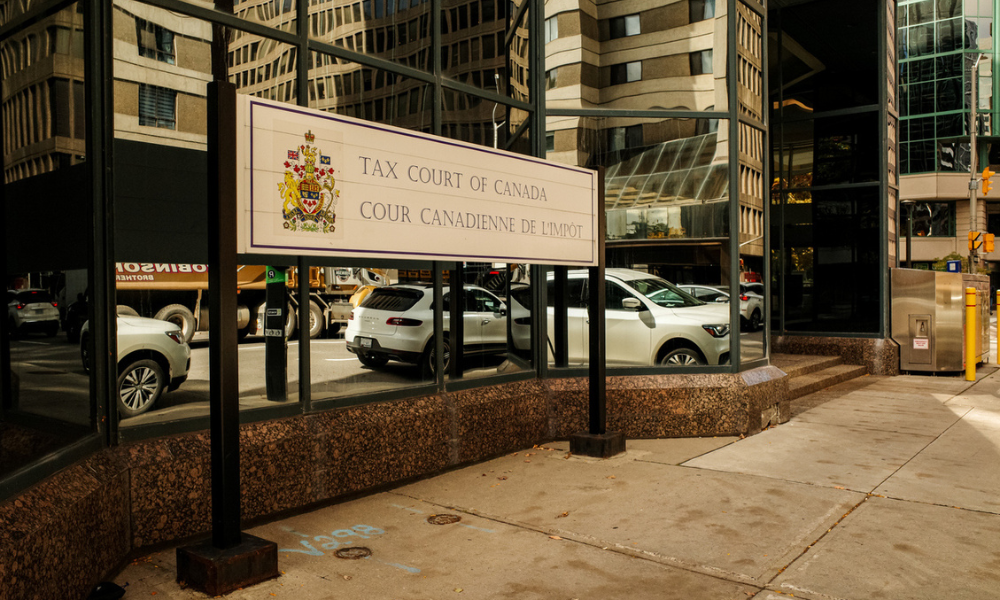The case involves a marine terminal berth construction at a natural gas facility in Kitimat

The BC Supreme Court has deferred to arbitration and ordered a stay of a construction dispute arising from a significant construction project for a marine terminal berth at a natural gas liquefaction and export facility in Kitimat, BC.
The project, undertaken by LNG Canada Development Inc. on a site leased from Rio Tinto Alcon Inc. and executed by the joint venture JGC-Fluor, faced legal challenges from another joint venture, Besix-Vanpile, over increased construction costs due to various issues, including hazardous waste discovery and the COVID-19 pandemic.
Besix-Vanpile had entered into a subcontract with JGC-Fluor, which included a mandatory arbitration clause. After facing unforeseen problems that escalated costs, Besix-Vanpile initiated a notice of civil claim against the defendants, seeking to recover these additional expenses. In response, JGC-Fluor started arbitration proceedings and, along with LNGC, filed jurisdictional responses to the notice of civil claim.
JGC-Fluor applied to stay the claim based on the arbitration agreement within the subcontract, arguing that disputes between it and Besix-Vanpile should undergo arbitration. LNGC, while neutral on JGC-Fluor's application, sought a stay on Besix-Vanpile’s claim against it should JGC-Fluor's stay be granted to await the arbitration outcome. Besix-Vanpile countered, arguing that the arbitration agreement did not cover the current dispute and requested the court to refuse the stay applications.
The court's decision to grant the stays hinged on interpreting the arbitration agreement within the subcontract, particularly whether the current dispute "involves" LNGC as defined within the agreement's terms.
After reviewing the contractual language and applying principles of contractual interpretation, the BC Supreme Court found an arguable case that the dispute was subject to arbitration according to the agreement, justifying a stay on the claims against JGC-Fluor.
Furthermore, the court extended the stay to the action against LNGC, invoking sections 8 and 10 of the Law and Equity Act to prevent multiplicity of proceedings and defer to the arbitration process for a comprehensive examination of the evidence and applicability of the arbitration agreement. The court ultimately highlighted deference to arbitration as a chosen method of dispute resolution in commercial contracts, even in complex, multi-party construction litigation.









